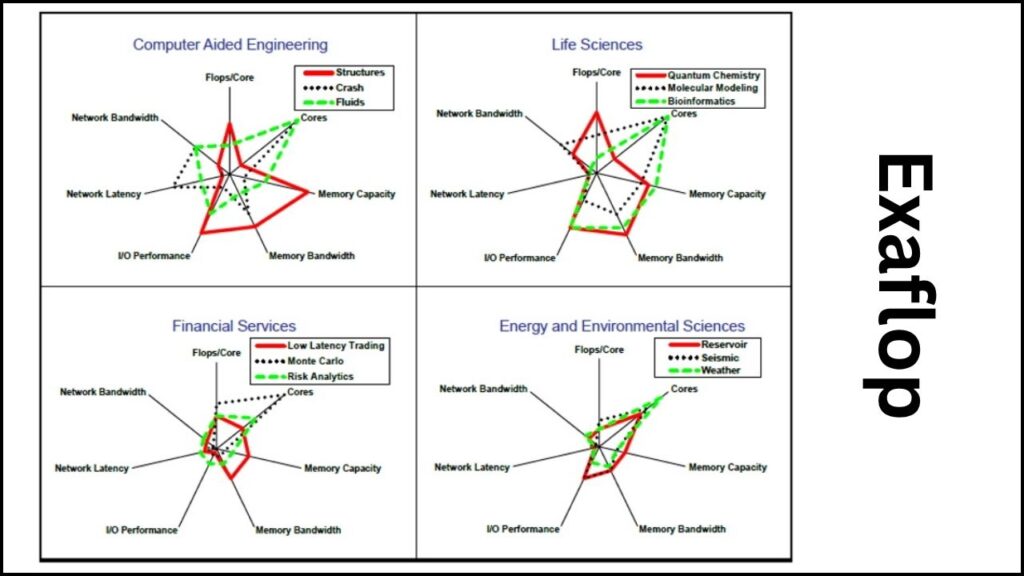China is rapidly accelerating its artificial intelligence (AI) ambitions, and Shanghai stands at the forefront of this technological surge. The city plans to complete five massive new data centers by the end of 2025, aiming to exceed 100 exaflops—a measure of AI computing power equivalent to one quintillion operations per second. This large-scale expansion is a cornerstone of China’s broader national strategy to become a global leader in AI infrastructure and technology.

Table of Contents
Understanding Shanghai’s AI Data Center Expansion
Shanghai’s initiative is far more than just constructing additional data centers; it is about building a robust AI ecosystem that can drive innovation across industries. Data centers serve as the backbone of AI development—they store and process the vast amounts of data that AI models need to learn, adapt, and evolve. By significantly increasing the city’s computing capacity, Shanghai aims to bolster advanced AI research, facilitate training of large language models, and enable commercial AI applications from healthcare to finance.
As of mid-2024, China’s total AI computing capacity reached 246 exaflops, positioning it second worldwide after the United States. Shanghai’s contribution through these new data centers will be a major leap, helping cement its status as a central AI hub in China’s fast-growing digital landscape.
Shanghai Plans 5 Massive Data Centers for 2025
| Aspect | Details |
|---|---|
| Planned Data Centers | 5 new massive data centers in Shanghai by end of 2025 |
| Target AI Computing Capacity | Over 100 exaflops for Shanghai alone |
| National AI Computing Capacity | 246 exaflops for China as of June 2024 |
| Estimated Market Growth | China’s data center market growing at ~20% annually until 2030 |
| Government Investment | Subsidies around 1 billion yuan (~$139 million USD) to support AI development |
| AI Industry Scale in Shanghai | Over 450 billion yuan (~$63 billion USD) in 2024 |
| Offshore Data Center Innovation | Underwater centers powered by offshore wind to enhance energy efficiency |
| Leading Market Players | Alibaba, Tencent, GDS Holdings, VNET Group, Chindata |
| Official Info & AI Industry Hub Link | Shanghai Official AI Industry Website |
Shanghai’s plan to establish five ultra-large data centers by 2025 exemplifies China’s commitment to cementing its role as a global AI leader. With ambitions to exceed 100 exaflops of computing power in the city alone, this expansion supports research, commercial AI applications, and sustainable infrastructure innovation. Backed by strong government support and a vibrant tech ecosystem, Shanghai’s AI infrastructure is poised to play a pivotal role in shaping the future of artificial intelligence both regionally and globally.
Why Shanghai’s Data Centers Matter for AI
Artificial intelligence systems, especially resource-intensive models like large language models and generative AI, require enormous computational power. This capacity comes primarily from large-scale data centers loaded with state-of-the-art servers and networking infrastructure.
What Is an Exaflop?
An exaflop is a measurement of computational speed. It stands for exa-floating point operations per second—meaning 1 quintillion calculations every second. This metric highlights the immense processing power needed for cutting-edge AI research and applications.

By targeting over 100 exaflops just in Shanghai, China is pushing the frontiers of computer engineering and AI development, enabling faster training of sophisticated models and deployment of AI services.
Practical Impacts of Shanghai’s Expansion
- Faster AI Model Training: AI models often require weeks or months of training on immense datasets. More computing power reduces this time, accelerating innovation cycles.
- Economic Growth and Job Creation: Shanghai’s AI industry exceeded 450 billion yuan (approximately $63 billion USD) in 2024, contributing substantially to the local economy and creating thousands of high-tech jobs.
- Global AI Competition: Enhanced AI infrastructure allows China to strengthen its position against global competitors, especially the United States, in AI leadership.
- Sustainable Technology Innovation: Unique efforts like underwater data centers cooled naturally by ocean water and powered by offshore wind farms reduce environmental impact and operational costs.
Shanghai’s AI Industry Ecosystem
Shanghai fosters a comprehensive AI ecosystem covering multiple sectors:
- AI Semiconductors: Specialized chips designed to efficiently power AI computations.
- Large AI Models: Including foundational language models similar to those used worldwide for natural language processing and computer vision.
- AI Robotics: Implementation ranges from industrial robots to AI-powered service and research robots.
- Intelligent Software Platforms: Cloud and edge AI platforms supporting diverse applications.
- AI in Science and Industry: Deploying AI for scientific research, manufacturing, logistics, healthcare diagnostics, and more.
The Shanghai municipal government supports this ecosystem with policies, incentives, industry alliances, and global events such as the World Artificial Intelligence Conference, which draws thousands of industry professionals and innovators.
The Bigger Picture: China’s National AI Infrastructure Growth
Shanghai’s data center boom fits into a nationwide push backed by both government and private enterprises. Nationally, over 250 AI-focused data centers are planned or have been built across China’s regions. China’s data center market is projected to grow at around 20% annually until 2030, driven by policy support, rapid technological adoption, and substantial investment.
Leading Chinese tech giants like Alibaba, Tencent, and ByteDance have announced multi-billion-dollar investments to expand cloud computing, AI hardware, and AI research capabilities. For example, Alibaba plans to invest over $50 billion in cloud and AI infrastructure over the coming years.
China also seeks to lead global AI governance and collaboration efforts, hosting international summits and proposing new global organizations aimed at fostering transparency, cooperation, and innovation in AI technologies.
A Step-by-Step Guide to Shanghai’s Data Center Development
- Site Selection & Infrastructure Planning:
Locations are carefully chosen based on proximity to power supply, fiber-optic networks, cooling options, and renewable energy sources. The offshore underwater data centers near Shanghai are an innovative example leveraging natural ocean cooling and wind energy. - Construction & System Installation:
Building high-density data centers equipped to handle AI hardware’s heavy power consumption requires advanced cooling solutions like liquid cooling and specialized server racks. - Hardware Deployment:
Installing AI-focused servers with cutting-edge GPUs and chips optimized for machine learning and data processing tasks. - Operational Testing & Optimization:
Rigorous tests ensure systems run efficiently, reliably, and securely, supporting intensive AI computations including large model training and real-time AI services. - Expansion & Continuous Upgrades:
The AI landscape evolves rapidly, so ongoing upgrades in hardware and software infrastructure are planned to keep pace with growing AI demands and emerging technologies.
China’s Plan to Sell Surplus Computing Power Could Shake Up Global Tech
Microsoft Ends Use of China-Based Engineers in US Military Cloud Projects—A Detailed Look
China’s Cloud Computing Market Hits $11.6 Billion in Q1 2025, Showing Steady Momentum
FAQs About China’s AI Push Intensifies as Shanghai Plans 5 Massive Data Centers for 2025
Q1: Why do AI systems need such vast computing power?
AI models, especially deep learning neural networks, require processing enormous datasets and performing trillions of mathematical operations to learn patterns. This demands high-speed, high-capacity computing infrastructure.
Q2: What makes Shanghai’s underwater data centers special?
These centers leverage natural ocean cooling, reducing reliance on electricity-intensive air conditioning and thus lowering costs and carbon emissions. They are powered largely by nearby offshore wind farms, making them environmentally friendly.
Q3: How does this AI investment benefit Shanghai?
The AI sector boosts the economy, generates high-tech employment, attracts global investment, and fosters innovation ecosystems that impact various industries positively.
Q4: Will Shanghai’s data centers influence global AI development?
Yes, by expanding AI computing power significantly, Shanghai’s infrastructure enables faster AI innovation cycles, promotes global competition, and may lead to new breakthroughs that benefit technologies worldwide.



















